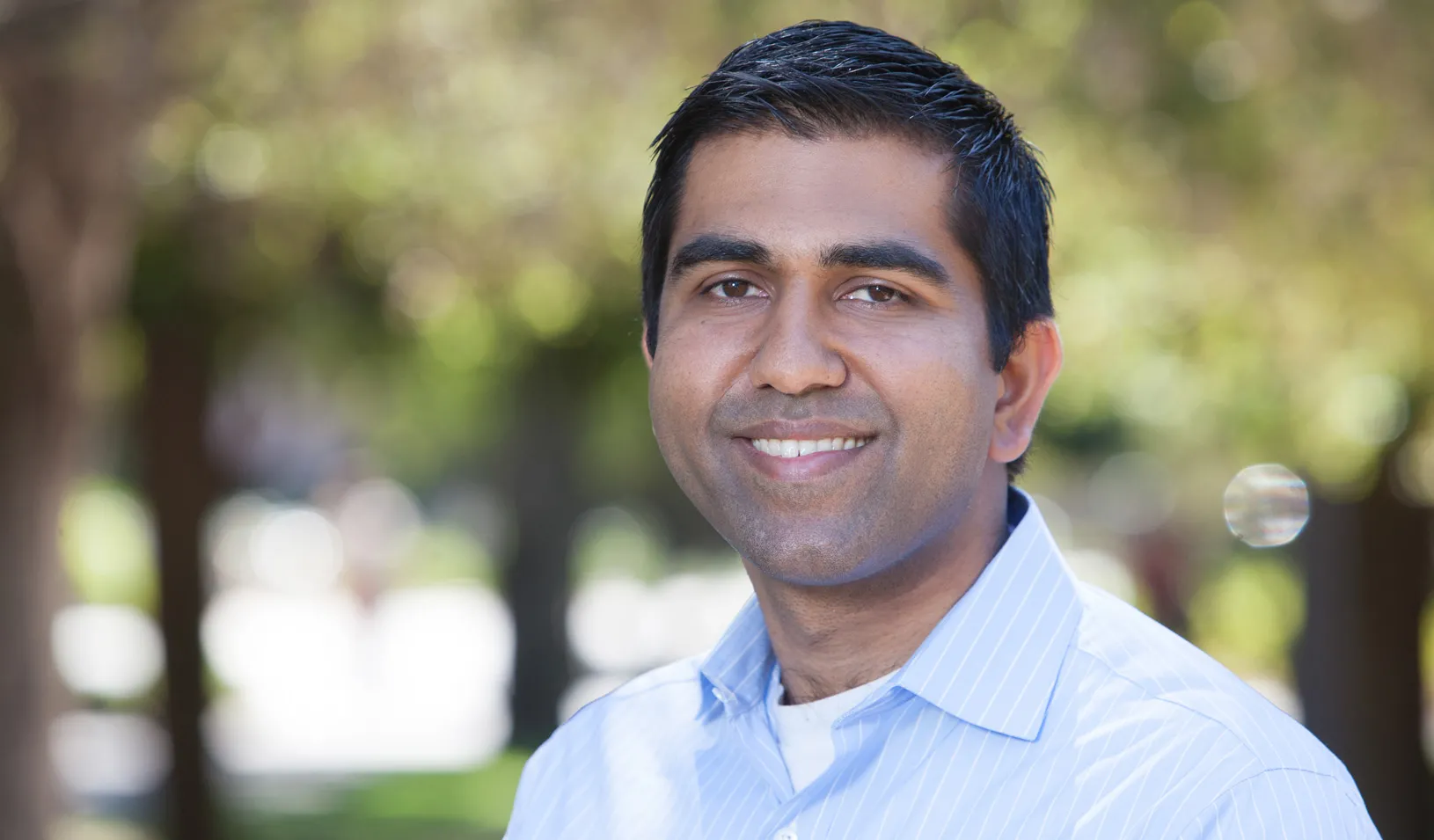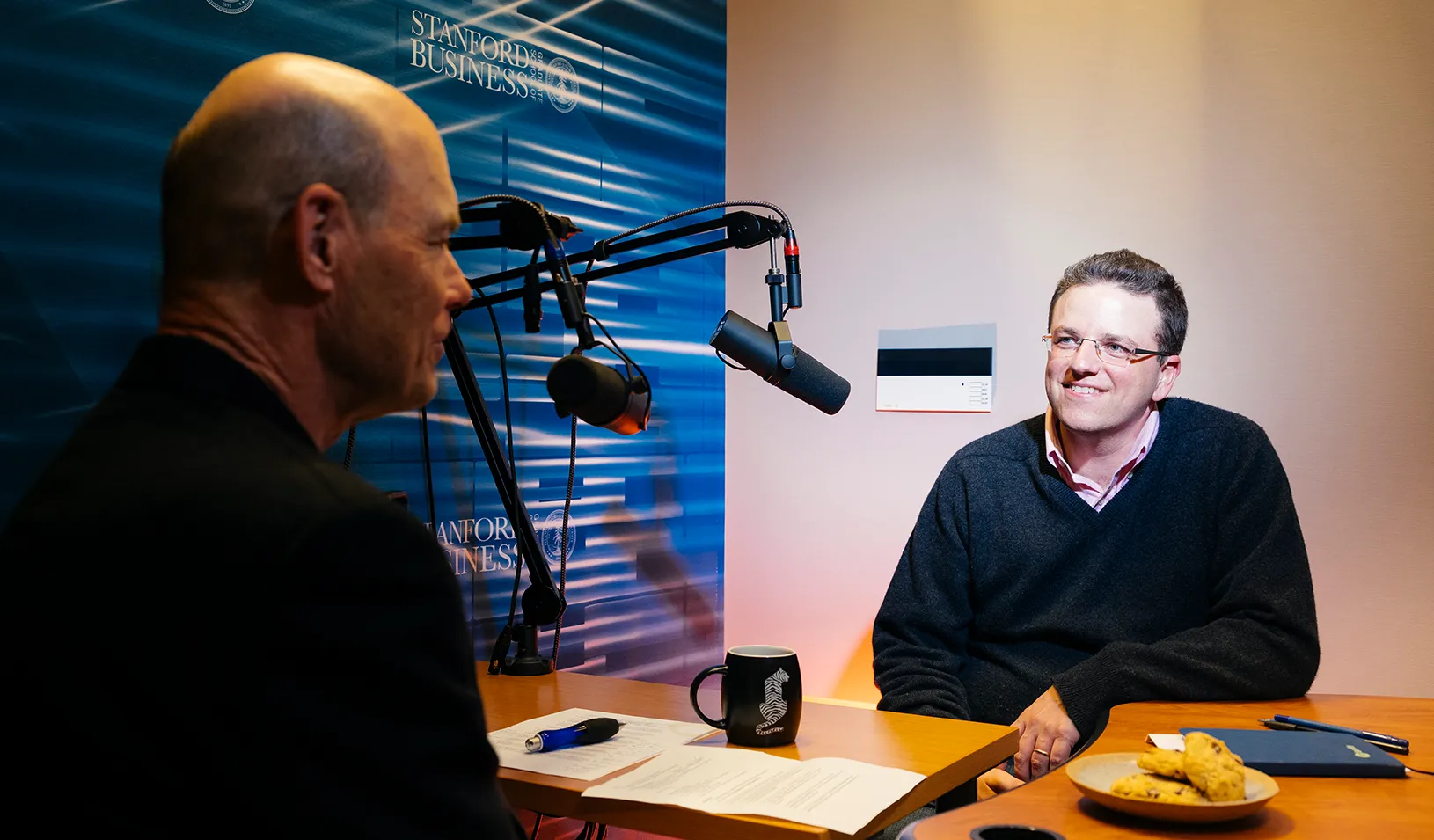Giving Just Got Easier: Philanthropedia Brings the Cream to the Top
Philanthropedia, a new enterprise driven by Stanford GSB MBAs, is making it easier to help you decide which organization to give money to amidst a myriad of choices.
April 11, 2011

If you want to give money to a good cause, how do you decide which organization to focus on amidst myriad choices? A new enterprise driven by Stanford MBAs, known as Philanthropedia, is making it easier for you to figure it out.
An online nonprofit with offices in Menlo Park, Philanthropedia currently offers a choice selection of nearly 200 hot picks across 15 national, international, and San Francisco Bay Area social causes. In addition, the site provides helpful assessments of 1400 other organizations.
Visit the home page, and you’ll find categories such as Bay Area climate change, Haiti, microfinance, reproductive rights, and a host of other listings. Bore down, and you’ll see some five to twenty vetted charities in each group, assessed according to how much great work they’re doing. Feeling inspired? You can give to the charity that most appeals to you right away on the site. You can also give more broadly by contributing to a mutual fund, whereby your money is spread among a variety of organizations.
Philanthropedia was incubated at Stanford GSB starting in 2008 when Howard Bornstein, a program analyst on the special initiatives team at the Gates Foundation, brought the idea to fellow students Deyan Vitanov, Erik Bengtsson, and Chris Herndon (all ‘09). After creating a pilot that assessed contribution-worthy organizations in the field of education, the team caught the attention of the Hewlett Foundation, which eventually granted them nearly $500,000 to get fully launched. Vitanov took the helm as CEO, and Stanford education graduate student Erinn Andrews, a leader of Stanford GSB Education Club, joined on as COO. By the time the cohort graduated in June 2009, Philanthropedia was off and running.
“Our main task was to create a research methodology,” says Vitanov. “We chose ‘crowd sourcing’ — soliciting expert commentary and reviews to evaluate successful causes and charities. It’s a pretty elaborate process that grew organically as we developed it over the past year and a half.”
“We also chose the impact an organization is making as our main criterion, rather than other typically used metrics, such as fundraising efficiency,” says Erinn Andrews. The choice of a more holistic measure, combined with its novel methodology, made Philanthropedia an innovator in the charity-assessment space.
The site features more than 11,000 reviews from 1,400 experts who are rigorously interviewed and surveyed by Vitanov, Andrews, and researcher Dawn Kwan (Stanford BA ‘09) — also part of the enterprise since 2008. Two computer programmers round out the core team, while Bornstein chairs the board and Bengtsson and Herndon serve as board members to continue supporting the development of the organization.
Recently, Philanthropedia was acquired by GuideStar, the leading resource for nonprofit data. “We’re excited about this, because it allows us to come one step closer to realizing our vision: to empower donors to pick a cause with their hearts and an organization with their minds,” says Vitanov, who will remain with the enterprise along with the rest of the team. Over the coming months, Philanthropedia will merge its core competency — assessing nonprofits based on performance — with GuideStar’s core competency — providing straightforward financial and other data on nearly 2 million nonprofits. “We’ll be helping GuideStar to become more assessment oriented and responsive to funders’ and donors’ needs,” says Andrews.
Reflecting on the learning journey from spark idea to full-fledged enterprise, Vitanov credits the Stanford GSB with providing the right kind of environment for fostering innovation. “It’s the perfect breeding ground for a project of this nature,” he says. “All the factors come together here — interested students, good advising, the teaching of skills needed to execute, and contacts for funding and board leadership. The emphasis on being entrepreneurial and making a positive impact on the world are precisely what attracted me to the school.”
For media inquiries, visit the Newsroom.
Explore More
Stanford GSB Professor Neil Malhotra Named Carnegie Fellow

Stanford GSB Researchers Discuss the Ideas They’re Most Excited About

Room to Grow: The Cannabis Industry Can’t Wait to Go Mainstream
